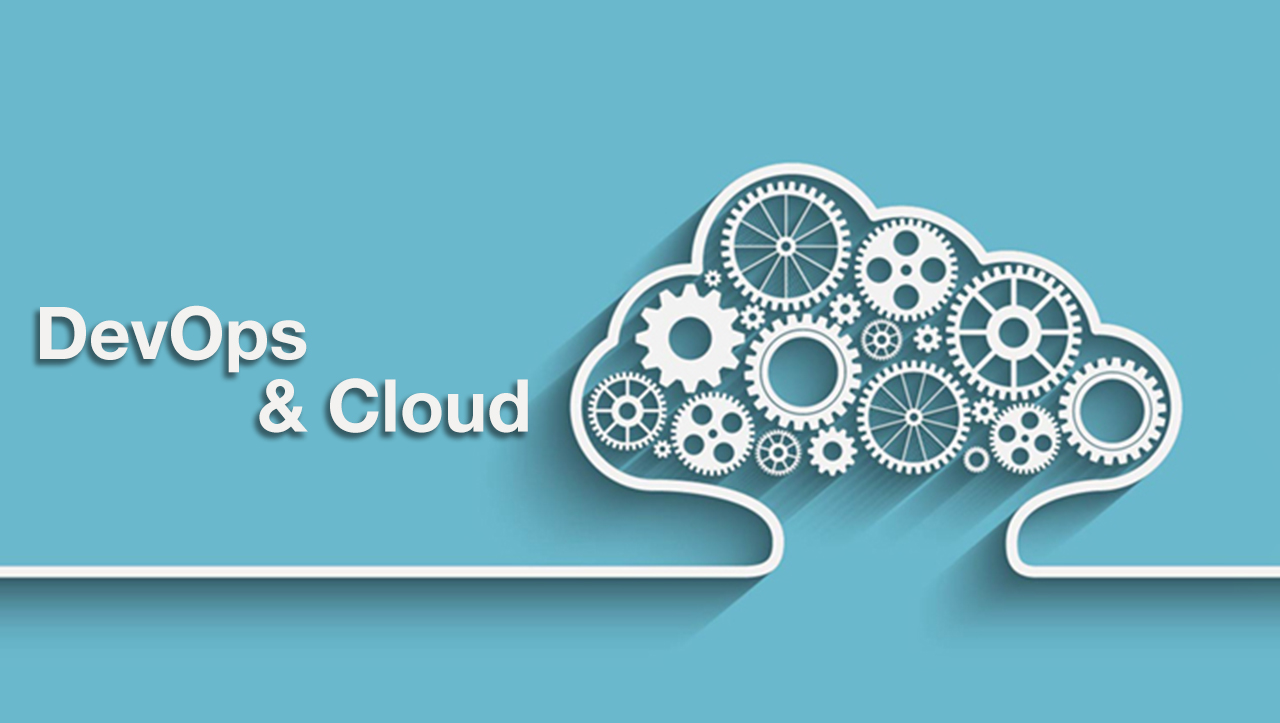DevOps in the Cloud: Your Gateway to Success
DevOps and Cloud is a combination one cannot resist. It not only makes the development process more efficient but leads to business success as well. The advantages are many; on-ground indications reveal that DevOps is a more productive way to develop software, plus it means better quality resulting code and faster delivery time. With technology well-entrenched in business, the question is – who can afford to really wait and watch for new applications?

Skilled software development has evolved DevOps, which calls for frequent releases and iterative feedback so that applications move toward the identified business goal. All this happens with total, careful synchronization between development, operations. For now, reality is you wait months for your IT organization to deliver an application, only to find that it’s awfully different from what was specified! That’s why this idea clicks!
One thing is prominent in a DevOps environment – code is regularly deployed to production for feedback and bug discovery. Frequent release cycles are the norm – on a daily basis or even more frequent. Last year, a survey by Puppet Labs of over 9,200 software developers discovered that DevOps organizations deploy code 30 times more frequently than users of more traditional development techniques. Moreover, their failure index was 50 percent less.
DevOps has the unique distinction that development and operations are strung together so that configuration of the infrastructure is part of the code itself. To explain, this means instead of doing development on one machine and deployment elsewhere; the machine becomes part of the application. This is not possible without virtualization. When infrastructure scales up and down as per application needs, it leads to better reliability and performance. The Puppet Labs survey discovered that DevOps practitioners spend 33 percent more time on infrastructure issues. But, the time investment is more than offset by productivity gains.
“It is not just Development and Operations working together towards a common goal; it is a combination of everything, it is a practice, it is a thought.”
Success with DevOps depends on Cloud computing, whether inside your firewall or purchased from a service provider. The virtual platform needs to be as fluid as the application and deployment from development to production needs to be automatic to meet the demanding delivery requirements.
One thing is clear – Cloud providers are extremely happy to support their customers’ DevOps needs. Almost every major cloud provider offers a set of Platform as a service (PaaS), Infrastructure as a service (IaaS), Software as a service (SaaS) and other tools that are fine-tuned to their environment. Their motives are deliberately planned – as tools provide a level of lock-in that proves to be difficult for customers to break. If a company is happy with its cloud provider, then PaaS, IaaS, SaaS are a strong add-on to its development lineup.
Of course, DevOps does come with challenges. The operational skills this discipline requires aren’t always found in professional developers; users agree that siloed organizations need to pull down barriers to get developers, operations personnel, and end-users – all on the same page!
Challenges are many, but the plus points of DevOps are indeed impressive. So, to build a more perceptive approach to application development and deployment, all signals point to the fact that IT leaders should continue to explore the changes, regarding both operations and culture.



